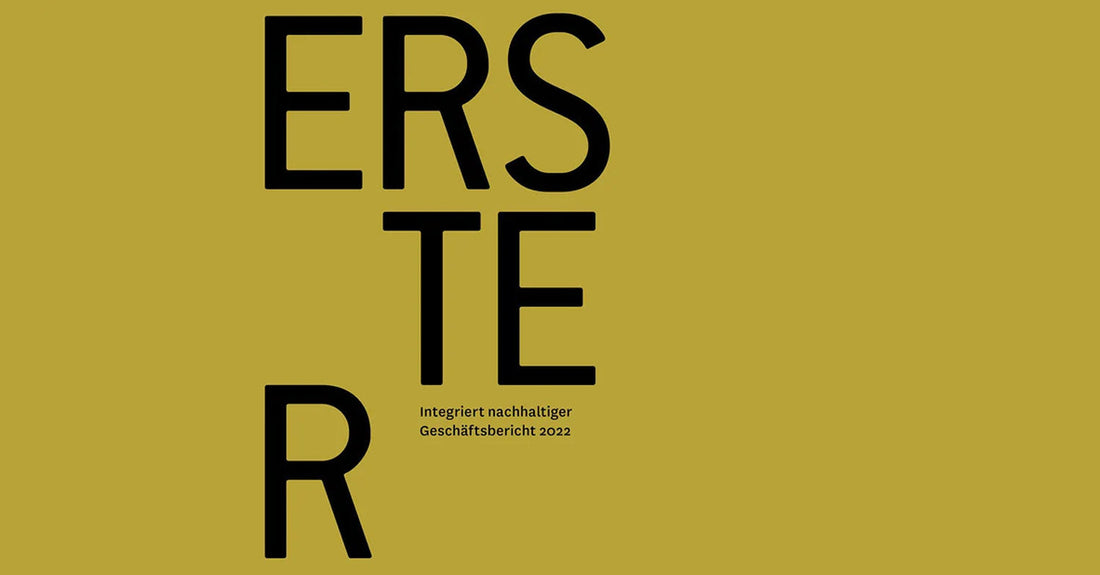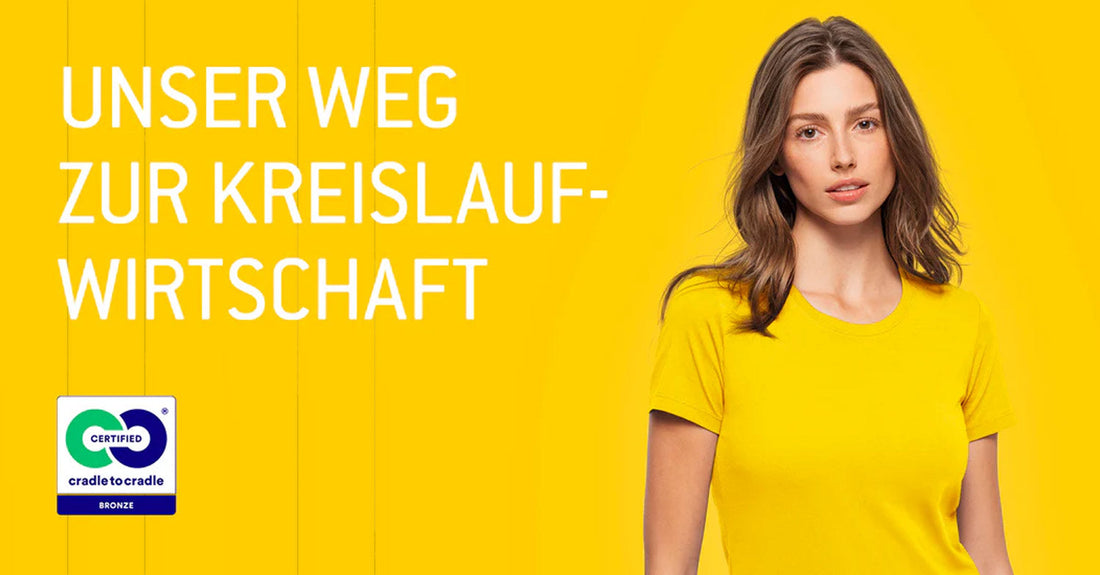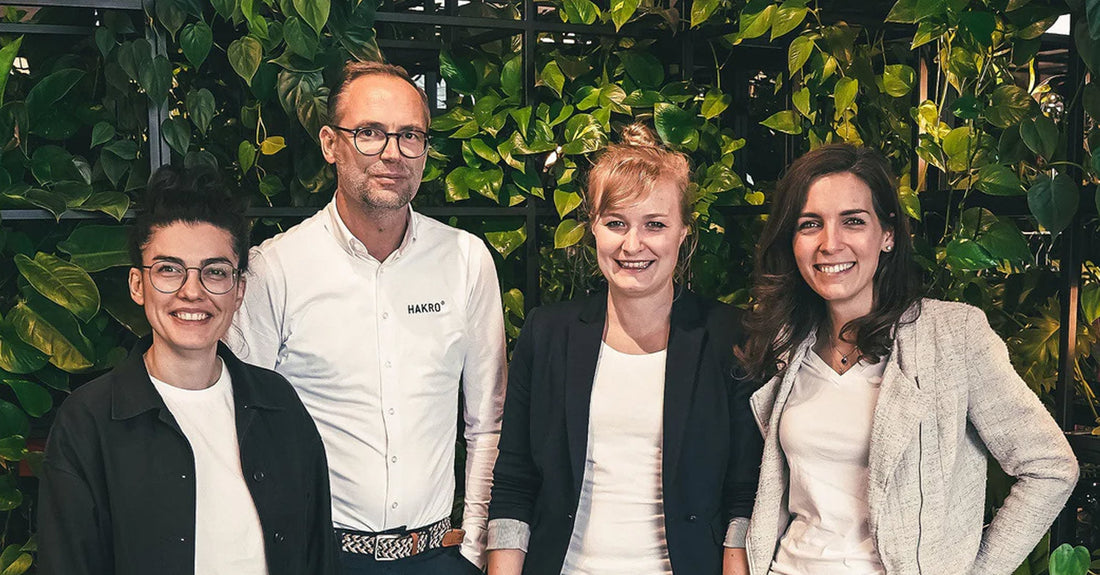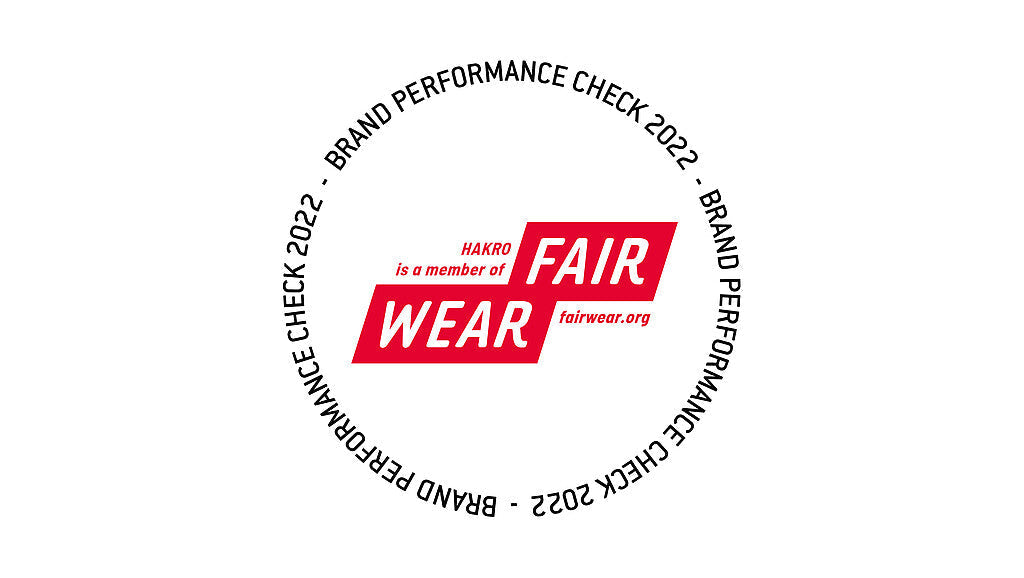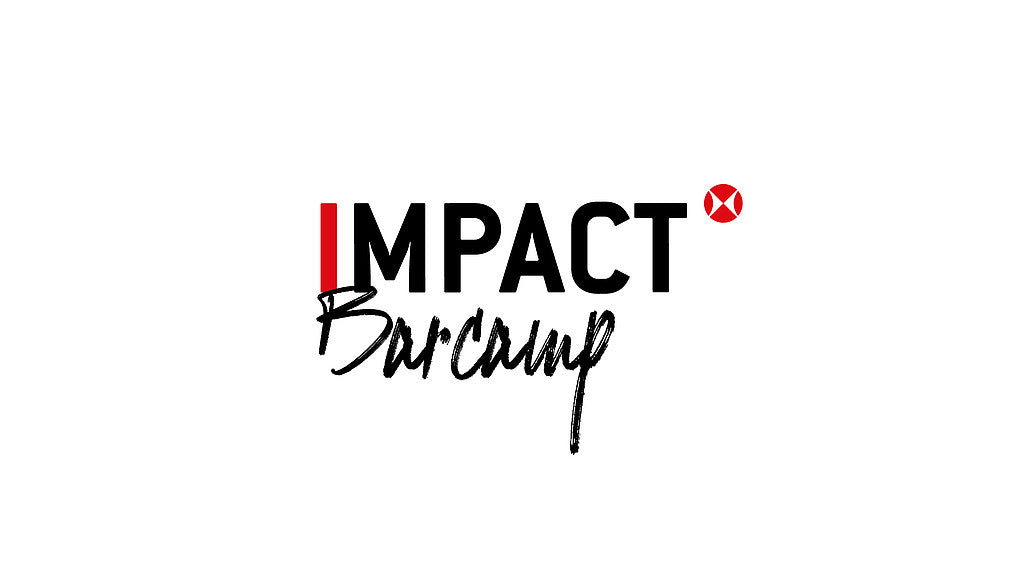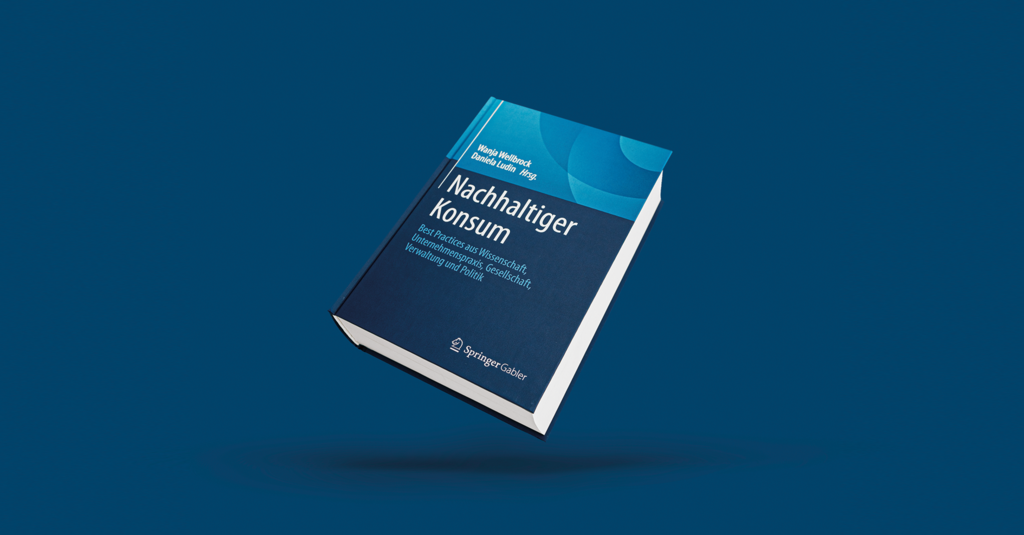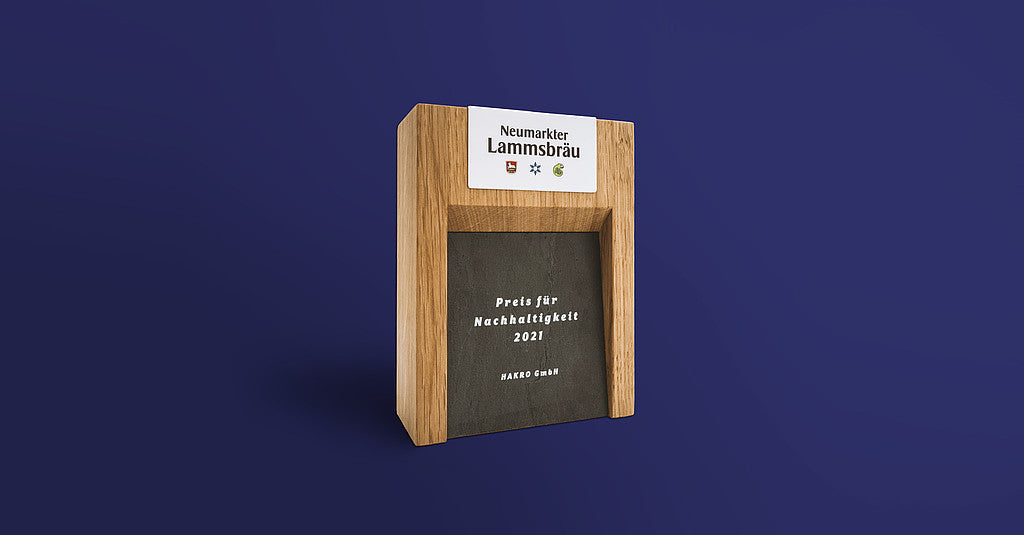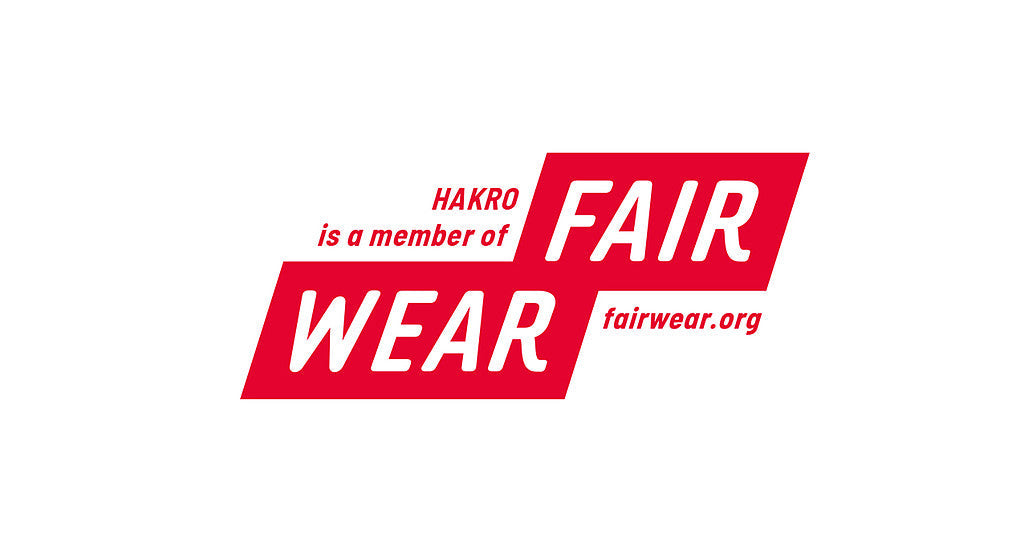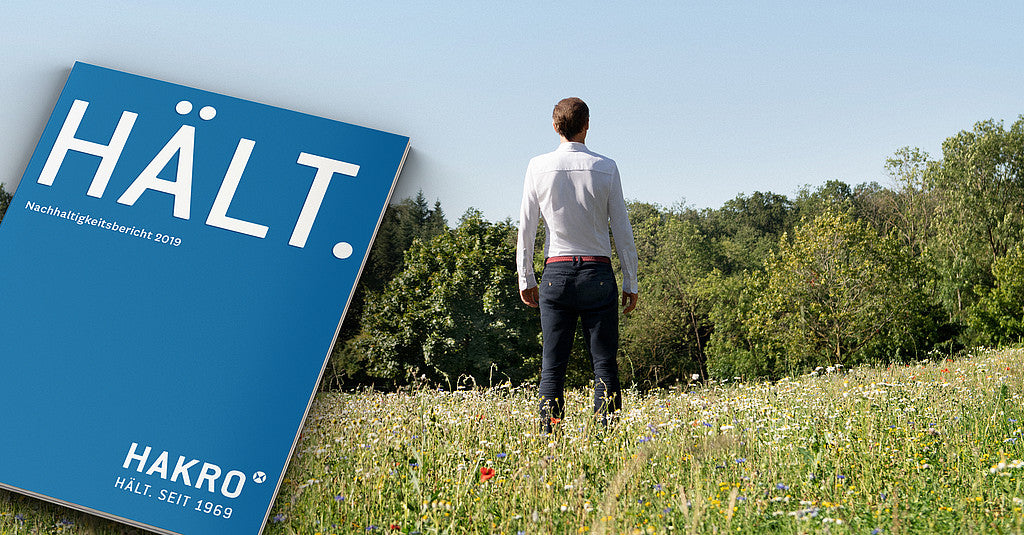HELLO AGAIN: HAKRO closes the textile loop
HAKRO is one of the first German textile companies to implement a genuine circular economy together with customers and partners. The workwear supplier takes back worn-out products and uses their recycled fibres for its new circular label HELLO AGAIN. Around 5.8 million tonnes of used textiles are produced every year in Europe alone. The majority of this is thermally utilised in waste incineration. This means that huge quantities of valuable resources are lost. Recycling is the order of the day, yet today less than 1 per cent of used textile fibres are processed into new clothing. Up to now, there has been a lack of logistical structures and technical possibilities to process the fibres of used clothing in a closed cycle and use them for the production of new textiles.HAKRO is known for its particularly durable workwear. As part of the resource-intensive textile industry, the company is aware of its responsibility towards the environment, climate and society. HAKRO clothing is developed for the heavy demands of everyday working life and is produced under fair conditions. It lasts much longer than average clothing, but at some point even a long-lasting HAKRO garment is worn out. That is why HAKRO is actively looking for solutions that will enable the fibres used in its products to be reused several times in the future. There are already examples in other sectors. The principle of material cycles has proven itself in paper, glass and PET recycling. Together with the fibre recycling start-up TURNS®, HAKRO has now been able to establish its own closed material cycle for cotton fibres. In the long term, the circular recycling of all HAKRO material blends and products is planned. HAKRO Managing Director Carmen Kroll comments: ‘As a manufacturer of high-quality workwear, we are committed to a sustainable value chain. This goes beyond the last working day of the textiles. Until now, we have unfortunately had little influence on the disposal of our products. We are therefore very pleased to now be able to offer our customers a sustainable end-of-life solution.We have found the best partner for this in the start-up TURNS®. The recycling experts offer an innovative all-round carefree solution, they handle the entire logistics and control the quality of the recycling process. I was impressed by the concept of the two founders right from the start. That's why I'm delighted to be able to support them as a business angel.’The TURNS® fibre cycle starts with AI-based material recognition. The used textiles are first sorted according to colour and fibre properties, then the fibres are removed from the material using fine needles and processed with fresh, sustainable cotton to create new yarns and cotton knitwear. Some work steps currently still have to be carried out by hand, which is labour-intensive, but the entire recycling process should be automated by the end of 2024. In contrast to chemical recycling, in which the material is synthetically broken down into its basic building blocks using a great deal of energy and cotton is downcycled into cellulose, the fibre structure is retained in fibre-to-fibre recycling. However, the fibres are shortened slightly during each recycling process and are therefore not yet suitable for the production of the particularly robust and durable HAKRO workwear. However, textiles for everyday use can be produced from the recycled fibres without any problems. So HAKRO came up with the idea of adding a modern casual line to its workwear.The new brand is called HELLO AGAIN. It consists of casually cut T-shirts, sweatshirts, sweatpants and hoodies in a comfortable oversized style in natural and pastel colours. The colours are partly derived from the recycled fibres used. This allows the origin of the textile to be experienced in a subtle way, giving the styles a special authenticity. The proportion of recycled fibres is already 30 percent and is set to increase further as the possibilities of textile technology grow. The first HELLO AGAIN textiles are expected to be available at the beginning of next year. The new, sustainable label is aimed at a broader target group than classic HAKRO workwear. The marketing and sales strategy will therefore also differ significantly from HAKRO's strategy. Jürgen Pruy, Head of Sales & Partnerships, is particularly proud that HAKRO is already setting the course for the goals of the EU Green Deal guidelines to be achieved by 2030 and explains: ‘The circular economy can only really get off the ground together with specialist retail partners, consumers and the entire industry. There is an urgent need for catalysts. In line with the motto test, learn, build bigger, we have simply set off on our journey. The positive feedback from many customers and stakeholders gives us a real boost. We hope that this will perhaps also inspire others to actively implement a circular textile economy.’ www.turns.dewww.helloagain-loop.com
Learn moreINGB - The first Integrated Sustainable Annual Report 2022
We are breaking new ground with our first Integrated Sustainable Annual Report 2022. We are combining what belongs together. In a time that calls for prudence and foresight, we are making sustainable entrepreneurial action our HAKRO corporate core. With the Integrated Sustainable Annual Report, we are continuing our previous sustainability reporting. We have big plans, because we want to be the leading integrated sustainable provider of corporate wear by 2030. If you want to achieve this, you have to lead the way. And those who do so will not be able to avoid ‘firsts’. Because it takes courage to try something new without a manual. The name ‘First’ of the Integrated Sustainable Annual Report therefore says it all: For the first time, we have integrated the most important stakeholder groups into a comprehensive strategy development process. First and foremost our employees, but also many retailers and production partners have given free rein to their creativity. For the first time, we had our programme for enforcing human and labour rights in global supply chains audited according to the demanding criteria of the Fair Wear Foundation (Fair Wear). We have been a Fair Wear member since January 2021 and achieved ‘Good’ status in the first Brand Performance Check in April 2022. For the first time, we are making our entire collection climate-neutral. The previous and planned measures to avoid and reduce production-related greenhouse gas emissions encourage us to offset the remaining emissions via an ambitious climate protection project, starting with the 2022 collection. Why ‘integrated sustainable’? ‘Sustainability doesn't belong big and fancy on the flags, but right at the top of the agenda. For all of us, not as an appendix to routine and certainly not as a green fig leaf, but as a natural part of our collective actions. Because sustainability is not a trend. It is an integral part of the clothing industry. We cannot and must not do anything other than take care of it,’ explain our HAKRO Managing Directors Carmen Kroll, Thomas Müller and Danny Jüngling. Since 2015, we at HAKRO have provided annual transparency on our sustainability performance. The last sustainability report entitled ‘Holds’ was published in 2019 for the 2018 reporting year. The Integrated Sustainable Annual Report 2022 contains information for the 2019 - 2021 financial years, takes stock of the five-year sustainability strategy cycle ‘Active Ingredient 2017 - 2022’ and explains the future path of HAKRO GmbH: How the framework conditions and the context of the wide range of business activities will develop. What the understanding of responsible business is in view of all this. What roadmap the company has set itself with its vision, mission and goals. How the HAKRO Corporate Compass sets out binding rules, values and responsibility. And the important role that partners play in this, as well as appreciative dialogue, cooperation, trust and co-creation. The report has been prepared in accordance with the GRI Standards (2021 version) and fulfils the transparency requirements for a social report in accordance with Fair Wear (FWF) for the first time. It is also a progress report for the UN Global Compact (UNGC) and the WIN Charter of the state of Baden-Württemberg.View the INGB in PDF format now.
Learn moreHAKRO MILE STONE 2023: CERTIFICATION “CRADLE TO CRADLE CERTIFIED®”
The global standard ‘Cradle to Cradle Certified®’ is awarded by the Cradle to Cradle Products Innovation Institute (C2CPII), a non-profit organisation that aims to promote the circular economy and ensure safe products. In the certification process, the institute checks material and product properties in relation to five categories: Material Health, Material Cycle, Renewable Energy, Water Management and Social Responsibility. The certifications are based on strict criteria and are divided into bronze, silver, gold and platinum levels. The levels reflect not only the quality of the individual components of a product, but also the depth of data collection.With 14 T-shirts and polo shirts made from 100% cotton from its partner company in Bangladesh, the corporate clothing supplier HAKRO GmbH achieved ‘C2C Certified®’ certification at bronze level straight away. ‘We want to be the leading provider of integrated sustainable corporate clothing by 2030,’ says Carmen Kroll, who is the second generation to manage the medium-sized family business with 200 employees. ‘After we became the first provider of corporate clothing to make our entire collection climate-neutral at the beginning of 2022, the C2C Certified® certification of our cotton products from Bangladesh is another milestone in our sustainable business strategy.’ She sees this first ‘C2C Certified®’ certification process as a pilot project and already has her sights set on the comprehensive expansion of ‘C2C Certified®’ certifications for HAKRO.Antonia Hammel, responsible for the ‘C2C Certified®’ certification at HAKRO, comments: ‘A ’C2C Certified®" certification is a very demanding and complex process from all points of view. Achieving bronze status with 14 products is a great success, but for HAKRO it's just the beginning. In line with our high standards in all sustainability issues, we also want to have the model range from other production sites certified."Commenting on the decision to undergo the first ‘C2C Certified®’ certification for HAKRO T-shirts and polo shirts from Bangladesh, project manager Antonia Hammel from the Purchasing, Quality & Development department says: ‘Our long-standing production partner in Bangladesh runs a vertically integrated operation that bundles several production stages at one location, so that we were able to obtain the comprehensive data required for certification from a single source.’Implementing a genuine circular economy is still a major challenge in many areas, including the textile industry. Although the ‘Cradle to Cradle Certified®’ certification guarantees the recyclability of textiles and thus their suitability in principle for closed material cycles, the certificate alone is not enough to make this a reality. "For a complete translation of the recyclability of materials into actual closed-loop management, more is needed than a commitment at company level. Currently, for example, there is still a lack of corresponding industry infrastructure in Germany. But HAKRO has staying power, and we are working shoulder to shoulder with like-minded market players, pioneers, NGOs and providers of joint solutions to achieve this goal," says Antonia Hammel, describing HAKRO's corporate commitment.HAKRO Managing Director Carmen Kroll explains why the company has been acting comprehensively and consistently sustainably for many years: "Sustainability is not a marketing trend for us. At HAKRO, sustainability is right at the top of the agenda and is an integral part of our integrated sustainable business strategy. Our aim is to set a good example in the textile industry, to show what is possible and to encourage other companies to take the path to a sustainable future seriously."
Learn moreiMPACT PROGRAM - a jointly developed audit system
Sustainability is always a top priority at HAKRO. That is why we are continuously working to further develop our entire supply chain and make it even more sustainable. Together with the clothing company OLYMP Bezner KG, we have developed a comprehensive audit programme as part of our corporate duty of care, which will serve as the basis for our sustainability management along the entire supply chain. ‘The growing challenges within global supply chains can be solved much better together, which is why it is worth leaving familiar thought patterns behind and joining forces in co-operations. Especially if you want to achieve a big impact,’ says Carmen Kroll, Managing Director of HAKRO. How can apparel brands improve the sustainable development of their global production facilities in future and use audits as part of their corporate duty of care less as a monitoring tool and more as a basis for sustainability management? ‘Our teams first defined the requirements that an audit must fulfil for us. Together with ELEVATE Ltd. in Hong Kong, one of the world's leading providers of sustainability and supply chain services, we then developed our audit programme in a nine-month process,’ says Jochen Schmidt, Head of Quality, Values & Sustainability at HAKRO. As two of the approximately 140 members of the multi-stakeholder initiative Fair Wear Foundation, both HAKRO and OLYMP are among the clothing brands that have committed themselves to ensuring fair working conditions in the textile industry. ‘That's why it was important to us right from the start to involve the experts from the Fair Wear Foundation in the development process and incorporate their valuable suggestions into the audit programme,’ reports Jochen Schmidt. The result: a joint audit programme called the ‘iMPACT Programme’. The acronym iMPACT is formed from the English terms ‘Insight’, ‘Motivation’, ‘Partnership’, ‘Action’, ‘Capacity Building’ and ‘Transparancy’, which characterise the principles of the programme. The iMPACT Programme focuses primarily on the people within the supply chain, provides honest and in-depth insights into production conditions and is intended to motivate partner companies and clients alike to act together and in partnership, develop expertise in safeguarding social standards and ensure the highest possible level of transparency. In this way, the iMPACT programme creates the basis for continuous further development in a spirit of partnership with the aim of actively improving the situation of people in the supply chain. To this end, employees within the production facility are also involved in evaluation processes so that any problems can be identified directly and effective improvements can be made. Our aim for the future is to make our jointly developed iMPACT PROGRAMME available to other companies in the textile and clothing industry.
Learn moreFAIR WEAR BRAND PERFORMANCE CHECK 2022
We have been a member of Fair Wear since January 2021. As an internationally recognised multi-stakeholder initiative, Fair Wear audits textile companies and the working conditions in production facilities in accordance with the Fair Wear Code of Conduct. By joining Fair Wear, we have now taken the essential next step and are committed to the highest social standards - a stringent further development of our previous measures for fair and safe working conditions in the factories of our production partners. As a multi-stakeholder initiative, Fair Wear offers us unique support through its broad expertise on social standards in the textile sector, not least through its extensive network of different stakeholders and players. As part of our Fair Wear membership, we formulate an annual work plan with measures for the coming year. In an annual Brand Performance Check, we are reviewed with regard to our supplier management, our sustainability management, our supply chain monitoring and the measures derived from this to ensure social justice in production and our purchasing behaviour. We successfully completed our first Brand Performance Check at the beginning of April 2022. We achieved ‘Good’ status straight away, which makes us very happy. With 60 points, our performance is well above the score required for membership in the first year. In total, we audited 73% of our production volume - this also exceeds the threshold for first-year members. We had to postpone the auditing of our production partners in Laos until 2022 due to the pandemic. ‘HAKRO has performed well in its first year and laid a strong foundation. We are pleased to see that HAKRO works so closely with Olymp, another Fair Wear member, and maintains strong partnerships with its production partners. We are excited to see the progress and developments towards living wages,’ says Wilco van Bokhorst, our Fair Wear Foundation Brand Performance Checker. ‘For two days, Wilco van Bokhorst, our performance checker/auditor, scrutinised us from top to bottom,’ says Anna Rüchardt, responsible for Fair Wear membership in the Quality, Values & Sustainability department, ’The two days were exciting, instructive, intensive and exhausting, especially as the entire audit was conducted in English. But we came through with flying colours - big thanks to everyone who supported us with the preparations and answered Wilco's questions’.You can find the link to our first social report here.
Learn moreCLIMATE-NEUTRAL COLLECTION FROM 2022
We are once again taking on a pioneering role in terms of sustainability and are making our HAKRO collection climate-neutral from 1 January 2022. We have been proactively committed to sustainability and environmental protection for many years. To this end, we are avoiding and reducing our CO2 emissions worldwide and offsetting them where avoidance is not yet possible. This makes us the first corporate wear provider to be completely climate-neutral - from raw materials to delivery to our authorised retail partners.‘Climate change is one of the biggest threats of our time and the textile industry is making a significant contribution to this development,’ says Managing Director Carmen Kroll. ‘Our goal must be to keep global warming below 1.5 degrees. At HAKRO, we want to prove that this is possible and are looking for solutions that really make a difference. Making our entire collection climate-neutral is the next logical step in our holistic climate protection strategy and I am proud that we have decided to do so.’ As part of our climate protection strategy, we pursue the triad of calculating, reducing and offsetting. To make our collection climate-neutral, we first analysed the carbon footprint of our products along the entire supply chain. We followed the ‘cradle-to-customer plus waste’ approach, which means that all emissions released by raw materials, transport, production, packaging, recycling and recovery at the end of a product's life cycle were taken into account. We were supported in this by ClimatePartner, the leading provider of climate protection solutions for companies, with whom we have been working since 2017.ClimatePartner carried out precise calculations of our CO2 emissions for us in accordance with the Greenhouse Gas Protocol, the leading standard for preparing greenhouse gas balances. In the next step, we offset the unavoidable emissions by investing in forest protection in Brazil - a climate protection project certified in accordance with the Verified Carbon Standard + Climate, Community & Biodiversity Standard (VCS + CCBS Gold Level) and designed to last at least 40 years. The CO2 calculation also gives us the opportunity to identify further reduction potential along our value chain and thus gradually reduce the emissions from our collection. Avoidance and reduction approaches that have already been implemented include the gradual switch to sustainable or recycled fibres, the elimination or reduction of packaging materials, the increased use of renewable energies in the supply chain and, in a pilot project, even the use of sustainable biofuels for the transport of goods by sea.Our aim for the future is to expand our CO2 emissions reduction processes and thus offset less and less. To this end, we will localise even more emissions hot spots by recording primary data even more precisely and reduce them through direct interventions. Our site in Schrozberg has been able to call itself climate-neutral since 2017 thanks to its self-sufficiency in green electricity, a comprehensive energy management system with battery storage, a combined heat and power plant fuelled by biogas and a gradual switch to a combustion-free vehicle fleet.‘With our commitment to climate protection, we would also like to motivate you, dear specialist retailers, to support our chosen path and also pay attention to your carbon footprint,’ says Carmen Kroll. ‘In this way, we can all make a joint contribution to achieving the 1.5 degree target. Join us on the path to a more sustainable future - for you, your customers and our environment.’ Because this is how we can make our contribution to the 1.5 degree target together.
Learn moreCOLLABORATION INSTEAD OF COMPETITION
When it comes to sustainability, the players in the textile industry often face the same challenges, and yet every company and every brand often goes it alone and tries to master the challenges themselves. ‘However, we can achieve a much greater impact through dialogue, collaboration and co-creation,’ says Jochen Schmidt, Head of Quality, Values & Sustainability at HAKRO. In order to increase its clout, the Quality, Values & Sustainability division has organised a unique event concept - the IMPACT Barcamp. The innovative event took place for the first time on 20 and 21 October in the new showroom at HAKRO in Schrozberg, which is also the company's communication centre. Among the guests: around 40 sustainability managers from textile companies in the fashion and outdoor sectors as well as standard setters and solution providers such as Fair Wear, Cotton made in Africa and GoBlu. Under the motto ‘Action through Co-Creation’, the IMPACT Barcamp called for active participation. In contrast to traditional, pre-structured events, the agenda was jointly designed by all participants based on their current topics and interests. The only thing that was fixed at the beginning was the overarching theme of ‘sustainability in the textile industry’ - and the desire to make a difference together. ‘Learning from each other, sharing challenges, being inspired by new perspectives, discovering different and new paths together, thinking creatively and creating success together - all of this was at the centre of our first HAKRO IMPACT Barcamp,’ says a delighted Anna Rüchardt from the Quality, Values & Sustainability department at HAKRO. The first day was dedicated entirely to getting to know each other. After a welcome in the showroom and a brief introduction to the barcamp idea, a joint dinner and an exchange at the cocktail bar invited participants to deepen their contacts. The next morning, there was a call for active participation and the joint agenda was planned. The result: 16 sessions spread throughout the day on various challenges and issues. For example, one session was dedicated to traceability and transparency in supply chains, while another session focussed on the topic of seals and standards, while the parallel sessions dealt with greenwashing in sustainability communication and the search for the right way to deal with interfaces between the sustainability department, sales and marketing. After an exciting day of brainstorming, discussions and constructive exchange, the IMPACT Barcamp came to an end with dinner and a cosy get-together at the in-house Harry's Bar. ‘Admittedly, we were very nervous at the beginning about whether a barcamp was the right event format and how it would be received by our sustainability colleagues,’ recalls Jochen Schmidt. But the consistently positive feedback from the participants (‘Inspiring format, mind-blowing, mega!’) wiped away any concerns. ‘The IMPACT Barcamp was a real enrichment for all of us! We are delighted with the cheerful atmosphere and the new impulses that we were able to develop together. After the positive response, we can well imagine continuing the barcamp next year,’ adds Anna Rüchardt.
Learn moreMADE IN BANGLADESH
Our HAKRO sustainability management is a top priority for us. The fact that this does not go unnoticed is also shown by the growing attention from outside. HAKRO therefore received a request to write an article for the Heilbronn University of Applied Sciences' publication “Sustainable Consumption”. Naturally, HAKRO accepted the offer and handed it over to the HAKRO Quality, Values & Sustainability team. We are now delighted that the book with our contribution ‘Made in Bangladesh - and proud of it’ can be found in Part IV of ‘Best Practices - Sustainable Corporate Management’ on pages 455 to 471.On around 1000 pages, the volume published by Springer Verlag provides a holistic view of the topic of ‘sustainable consumption’. It shows that economic decisions can no longer be made solely on the basis of price, quality and service. However, not only the consumption of private households is recognised as an important lever for sustainable change, but also public procurement practices. In addition to the chapter on HAKRO, the volume includes numerous other practical examples from companies such as VAUDE, Würth, Lidl and dm. The aim of the book is to provide a conceptual basis for sustainable consumption decisions. It is aimed at practitioners, scientists and students. Our article is all about the question of whether textile companies can actually continue to produce in Bangladesh. Even though the challenges facing the textile sector in terms of sustainability were well known, the catastrophic collapse of the Rana Plaza textile factory in April 2013 was a turning point in the perception of consumers and the textile industry. The country is associated with unsafe and inhumane working conditions. We answer why withdrawing from Bangladesh is not a solution for us. Because we believe that we can only make a difference on the ground by helping to shape and tackle things ourselves. So it's not a question of if, but how. The example of our production partner in Dhaka shows that sustainable textile production is also possible in Bangladesh. We have been working with them on a basis of trust for over 20 years and they are part of the HAKRO family. We are united by shared values and the same desire to find sustainable solutions. Through recognised certifications with annual audits such as GOTS, Fair Wear Foundation and Bangladesh Accord, we ensure that environmental and social standards are adhered to. The perspective of independent third parties helps us to tackle improvements in sustainability measures and provides further enriching suggestions. Where we are not yet able to achieve a satisfactory result, such as on the issue of living wages, we work with interim solutions: Donations in kind benefit the employees and their families. We also support them with healthcare through our FriendShare solidarity fundThe conclusion of our contribution is that we would like to achieve much more in Bangladesh. We also describe the small and arduous steps that we and other companies can take to achieve great things together.
Learn moreLAMMSBRÄUER SUSTAINABILITY AWARD 2021
Our goal is to become the most sustainable provider of corporate wear. We realise this aspiration in all our business decisions and pursue this goal with the highest priority. We were delighted when our extraordinary commitment was rewarded with something special on 23 September: We received the Lammsbräuer Sustainability Award in the ‘Family-run company’ category for 2021.This important prize was awarded for the 20th time in the six categories ‘Media professionals’, ‘NPO’, ‘Sustainable business model innovation’, ‘Driver of the circular economy’, ‘Outstanding commitment’ and ‘Family-run company’. All award winners are characterised by their commitment to sustainability on an ecological, social, economic and cultural level. The high-ranking jury for the prestigious sustainability award consisted of seven sustainability experts from the fields of business, science and the environment. We convinced the jury with our holistic sustainability management, which we have been implementing since 2015 in the five areas of corporate governance, products, employees, environment and commitment. Numerous certifications and seals attest to our continuous commitment and have accompanied us ever since. These include the Partnership for Sustainable Textiles, Global Organic Textile Standard (GOTS), Fair Wear Foundation (FWF), Cotton made in Africa (CmiA), Bangladesh Accord and UN Global Compact. Values such as cohesion, fairness and loyalty are firmly anchored in all our divisions and are practised in our daily dealings with employees, partners and customers.The decisive factor for the jury was above all our critical and analytical view, which is necessary to successfully implement sustainability. The HAKRO ‘Sustainability Report 2019’, for example, not only records progress and goals, but also documents the need to catch up. Constantly reviewing, rethinking and realigning the next steps is essential for us. ‘We are very proud to have won this important sustainability award,’ adds Jochen Schmidt, HAKRO Head of the Quality, Values & Sustainability team. After being nominated for the German Sustainability Award 2018 and being ranked among the top 10 best sustainability reports in 2018, the award is another nice confirmation of our commitment. What makes us particularly happy is that we did not actively apply for the award, but rather were nominated for this prestigious prize.
Learn moreFORWARD-LOOKING SIGNAL: HAKRO GOES FAIR WEAR FOUNDATION
We have been a member of the Fair Wear Foundation since 1 January 2021, taking the next big step on our consistent path towards even greater sustainability. The Fair Wear Foundation brings together local partners in production countries, associations, NGOs and textile companies from various sectors. The common goal: innovative solutions and a sustainable improvement in working conditions in textile production.With our membership, we are once again emphasising our claim to be one of the most sustainable suppliers in our industry. We want to produce high-quality and particularly durable textiles for our customers - while ensuring the highest possible ecological and social standards. By becoming a member of the Fair Wear Foundation, we are committed to the highest social standards - both for the employees of our production partners abroad and for the 175 employees at our site in Schrozberg.As part of our membership, we have signed the strict Fair Wear Code of Conduct. This formulates eight criteria for fair working conditions, which we have made our goal. These include: living wages, reasonable working hours, safe working conditions and a clear no to child labour. Fair working conditions have always been a top priority for us. By joining the Fair Wear Foundation, we are delighted to have a partner at our side who supports us with their experience and network in taking the next step in our supply chain management.Incidentally, the Fair Wear Foundation audits HAKRO's sustainability management in an annual Brand Performance Check. The co-operation with our production partners, our joint measures on site and everything we do at our company headquarters in Schrozberg are scrutinised in detail.
Learn moreGREEN BUTTON FOR COLLECTION LINE ORGANIC
Whether Global Organic Textile Standard (GOTS), Alliance for Sustainable Textiles, Cotton made in Africa (CmiA), Bangladesh Accord or UN Global Compact - at HAKRO we can already point to a whole range of certificates and seals. These are all testimony to our consistent and comprehensive sustainability strategy. Since March, this has also included the Green Button seal, for which certain state-defined criteria and high environmental and social standards must be met. It is the first government sustainability seal for textiles and has been awarded by the German Federal Ministry for Economic Cooperation and Development (BMZ) since 2019.Our T-shirts and polo shirts from the Organic collection line had to fulfil 26 criteria on the product side in order to receive the seal. What is important in this context is that the Green Button is verified using existing, generally recognised and credible certifications such as the GOTS seal. In addition, 20 criteria were tested with regard to our company-specific management practice, risk analysis and sustainability strategy. Because, unlike the GOTS label, the label does not cover the entire supply chain in its introductory phase until the end of June 2021, but only the last two processing steps (dyeing/bleaching and cutting/sewing), we discussed the added value of the Green Button internally for a long time. After all, the majority of our products are dyed, bleached, cut and sewn in the same GOTS-certified production facilities under the same GOTS-certified working conditions as our GOTS-certified Organic collection line. Paradoxically, however, these textiles are not allowed to carry the Green Button due to their lack of GOTS certification.Nevertheless, we at HAKRO see great potential in the Green Button as an overarching government seal and an important signal for more transparency in the supply chains. As a certified company, we feel encouraged in our commitment to sustainability and would like to play a constructive role in the future development process of the new Green Button label and play a decisive role in shaping it.
Learn moreSUSTAINABILITY REPORT 2019: SUSTAINABLY WELL INFORMED
Our Sustainability Report 2019 is here. Entitled HÄLT, it was prepared in accordance with the latest Global Reporting Initiative (GRI) standards and provides information on our progress and plans in terms of sustainability. The report highlights the five areas of action of our holistic sustainability strategy: products, corporate governance, environment, employees and commitment. A brief overview:ACTION AREA PRODUCTS (extract)More transparencyAll our production partners have recognised the amfori BSCI Code of Conduct as binding. It defines standards with regard to management practices, working hours and remuneration, freedom of association, the prohibition of child labour, the prevention of discrimination, health and safety at work and ethical business practices and is therefore based on the ILO core labour standards, among others. Compliance with this code is audited once a year by independent experts. Our Sustainability Report 2019 presents the production sites and their audit results in detail and sets out our plans to further intensify social audits by 2020 Less packaging - more sustainable materialSince 2019, we have deliberately dispensed with cardboard inserts and clips for shirts and blouses. This allows us to save around 4 tonnes of paper and cardboard and 1.5 tonnes of plastic every year. We want to reduce the need for non-recycled packaging material by 50% by 2022.We also want to review and reduce the microplastic footprint of our products by 2022. To this end, we are planning a market analysis of alternative fibres and PFC-free alternatives for textile finishing.We were also able to increase the proportion of sustainably produced cotton to 24% in the reporting period. By 2022, we want to cover up to 50% of our processed cotton from sustainable sources and use only sustainable merino wool. FIELD OF ACTION CORPORATE MANAGEMENT (extract)Brand, values, growthWe have also already implemented a number of goals from our sustainability strategy 2017 - 2022 in the area of corporate governance. We relaunched our brand in 2017 and developed our values compass in 2017/2018. We achieved our ongoing goal of healthy growth by successfully closing the 2018 financial year with an 11% increase in sales compared to the previous year.More digitalisationWe have set ourselves the new strategic goal of expanding digitalisation. We will examine the various possibilities offered by new technologies such as big data and artificial intelligence in all areas of the company in order to, among other things, reduce the physical strain on our colleagues and increase the traceability of our supply chains. It is important to us to bring digitalisation and HAKRO together - in other words, without sacrificing employees. ENVIRONMENTAL FIELD OF ACTION (extract)Sustainable energy and emissions strategyAt HAKRO, we pursue the vision of a world worth living in, in which people use natural resources in a sustainable and balanced way and limit climate change. With this in mind, we want to minimise the ecological footprint of our entire value chain and avoid emissions. To this end, we have opted for renewable energies and made our logistics centre self-sufficient in electricity. We fully offset unavoidable emissions - and retroactively until 2016 - to make our site climate-neutral. This also applies to our business trips and even our employees' daily commutes.Greenhouse gas reduction in the supply chainAs one of the first signatories of the Fashion Industry Charter for Climate Action, at the end of 2018 we committed to reducing energy requirements in our value chain, utilising renewable energies and using raw materials produced in an ecologically sustainable manner. This includes reducing greenhouse gas emissions along the entire supply chain by 30% by 2030 compared to 2015. To achieve these targets, we will examine alternative transport routes by 2022 in order to reduce upstream transport emissions. FIELD OF ACTION EMPLOYEES (extract)Living diversityMutual respect is very important to us - regardless of gender, age, ethnic origin, religion or ideology, sexual orientation and physical condition. With 167 employees from 15 nations, we support the Baden-Württemberg Entrepreneurs' Initiative and are in favour of a right to stay through work for men and women who have fled. Free German courses during working hours and the expansion of participation in Diversity Day are two of many other measures and projects in this field of action.Open to new ideasWe are working on setting up a company suggestion scheme, are already giving our employees the opportunity to share their suggestions and concerns via the Better Box and would like to involve our production partners even more closely in the sustainability dialogue in future.Sustainability concerns everyoneBecause sustainability is a joint endeavour, our new report also gives long-standing business partners a chance to have their say for the first time. Under the heading ‘Companions’, they describe their view of things. It's worth taking a look!Our Sustainability Report 2019 is available in the download area at www.hakro.com/service/downloads. We will be happy to send you a printed copy on request. Please simply contact our customer service.
Learn more
